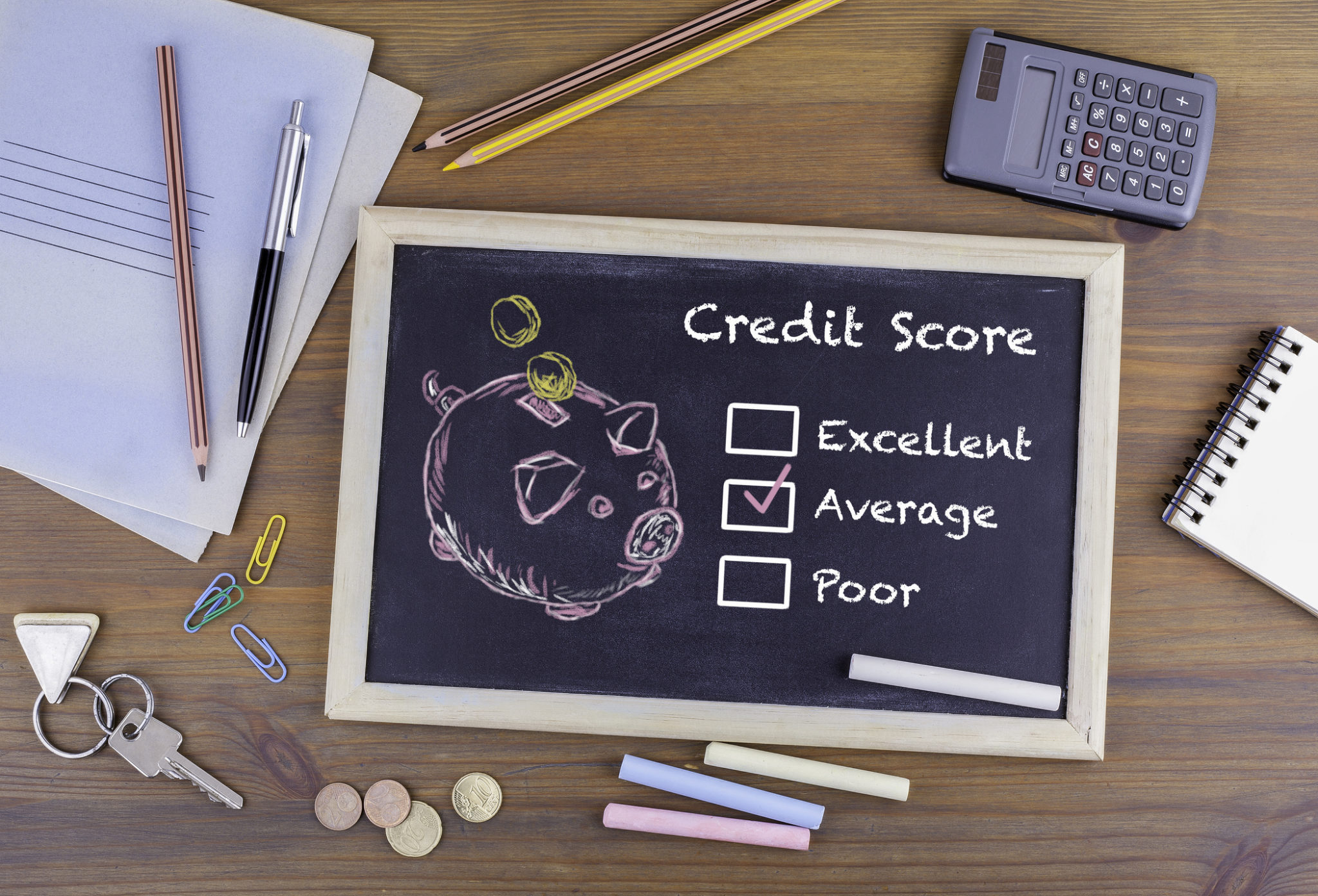How to Go from Bad Credit to Good Credit
Your credit score can affect many aspects of your life, such as your ability to rent an apartment, buy a home, buy a car or even get a job, so having a low score is a problem.
Fortunately, there are many ways to rebuild your credit and improve your score. Find out how to go from bad credit to good credit and give yourself better opportunities.
Get New Credit Accounts
Many people avoid credit cards if they’ve had problems with credit in the past, but that makes it difficult to rebuild credit. If your credit is so bad that all your credit accounts have been closed, you’ll need new accounts to prove to creditors that you’re responsible.
Using a credit card responsibly can demonstrate a positive, on-time payment history, the responsible use of available credit and your ability to manage debt. Having a low credit score makes it difficult to get approval for high-quality credit cards, however.
If you have bad credit and you’re trying to open new accounts, you’re unlikely to be approved from a major bank or creditor. Instead, focus on opening accounts with your local bank or credit union, retail stores or gas companies, secured credit cards or credit cards designed for people with poor credit.
Be sure to keep your number of applications low, however, because too many inquiries at once makes potential creditors think you’re desperate for credit, and they’ll be less likely to approve you. It’s also important to watch for subprime credit cards, which have high interest rates and high fees, since they’re often marketed to those with poor credit and use predatory tactics to drive you back into debt.
Use Old Accounts
The age of your credit history has a considerable impact on your score, which is why you don’t want to close old accounts. Even if you have negative payment history on an old credit card, be sure to use it for small purchases on occasion and pay it off, so that it stays open and your average credit age is higher.
Your oldest account is averaged with your newest accounts as well, so avoid opening too many new accounts at once, as that can lower your credit age.
Let Inquiries Age
Each time you apply for credit, it’s noted on your credit report at a hard inquiry. By themselves, these inquiries have a low impact on your score, but too many at one time can drop your credit score.
Inquiries stay on your report for two years, but they only affect your score for one year. If you’re trying to rebuild credit, only open the accounts you need to and wait for the other inquiries to age before you apply for credit again.
Change Your Habits
If you want to rebuild credit, the first thing you need to do is identify the habits that ruined your credit in the first place. Sometimes, bad credit is a result of an unforeseen event, such as a job loss or major medical circumstance, but it’s more common to have bad credit from irresponsible spending habits.
Overextending credit limits on credit cards, spending money on things you can’t afford, paying only the minimum payment, skipping payments and paying your bill late are some examples of poor credit habits. All of these habits hurt your credit, so improving your score in the future means keeping your credit limit low, paying your bills on time and charging only what you can afford to pay.
Make On-Time Payments
The most important factor in your credit score is your payment history. Even bills that aren’t typically found on your credit report can show up later if you fall behind on payments, so paying every bill on time, every time is the best way to keep your score high.
Keep in mind that many businesses are using collection agencies to recover unpaid debt as well, which will stay on your credit report for years. This could be something as low as an unpaid library fine, but it has a detrimental impact on your score.
Get a Mix of Credit Accounts
Having a mix of credit accounts shows potential creditors that you can responsibly manage different types of credit accounts, which gives them an idea of your credit risk. Credit cards, auto loans, mortgages and installment loans are all different types of accounts, so if you can show that you manage them well, you’re less of a risk.
If possible, get an installment loan for a low amount and pay it on time every month to show that you can handle the responsibility of a fixed, monthly payment. If you’re concerned about getting into credit trouble again, let the loan money sit in a savings account and pay the loan from those funds each month. This way, you’ll always have the payment and you won’t be tempted to buy things you can’t really afford.
Give It Time
Even with new accounts, low balances, on-time payments and different types of credit, it still takes time to undo the damage caused by bad credit. Negative factors, such as late payments and hard inquiries, take time to come off of your credit report, and it takes a long period of positive credit behavior to outweigh the past.
The best thing you can do is be patient. Keep making on-time payments and managing your accounts responsibly, let the negative information fall off your report and check your credit report regularly to find areas for improvement while you wait for your score to improve.
Visit Koster Cash Loans
Going from bad credit to good credit isn’t a quick process, but it’s worth it when your credit is repaired and you find it easier to get the credit you really need in the future.
If you’re considering an installment loan, Koster Cash Loans can help. Visit us to learn more about our cash loans, installment loans and payday loans and get a handle on your debt. Fill out our fast, secure online application to get started!










